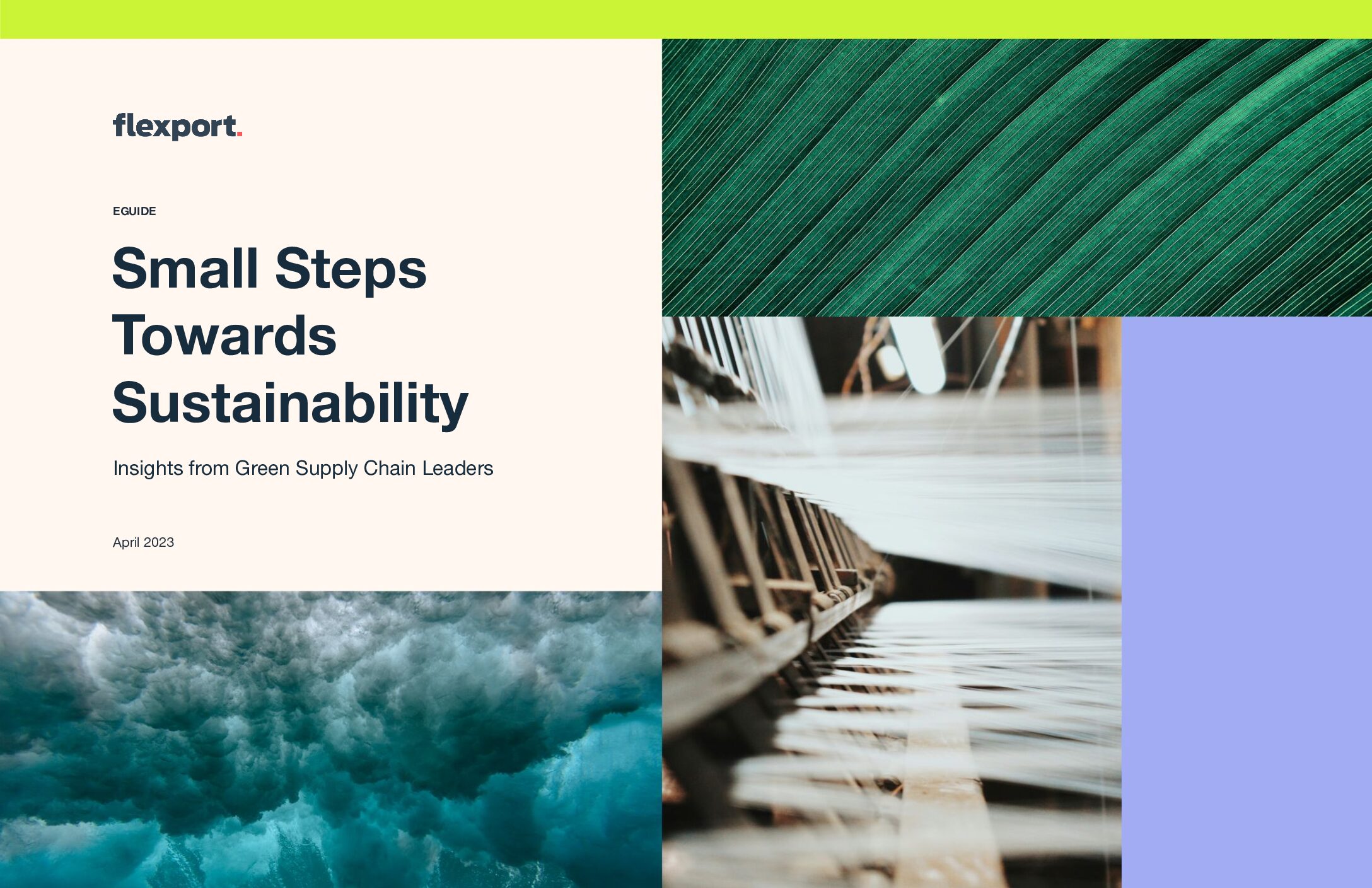The Red Sea, a key maritime artery connecting the Mediterranean Sea to the Indian Ocean, has become a flashpoint for conflict since 2023. The rising frequency of attacks by Yemen’s Houthi rebels on cargo ships passing through this crucial corridor is causing severe disruptions in global shipping. These attacks have far-reaching economic consequences, particularly for Egypt, which heavily depends on revenue generated by the Suez Canal.
The Critical Role of the Suez Canal
The Suez Canal, stretching 193 kilometers, stands as one of the most important maritime trade routes globally, facilitating nearly 12% of the world’s trade. By providing the shortest sea link between Europe and Asia, it significantly reduces shipping times, cutting the journey by thousands of kilometers compared to the alternative route around the Cape of Good Hope. In 2023, Egypt collected approximately USD 11 billion in revenue from the canal, reinforcing its status as a cornerstone of the Egyptian economy.
To maximize this vital revenue stream, Egypt has launched ambitious projects to expand and modernize the canal. Currently, 82 kilometers allow for two-way traffic, reducing congestion and enabling more efficient transit. Plans are underway to extend these capabilities across the canal’s entire length, further boosting capacity and throughput.
“The Suez Canal is not just a waterway; it’s the lifeblood of Egypt’s economy,” says Ahmed Ibrahim, an economist at the Egyptian Ministry of Trade. “Its expansion is crucial for maintaining Egypt’s economic stability and global competitiveness.”
The Ripple Effect of Houthi Attacks
Houthi rebel attacks on vessels in the Red Sea have introduced unprecedented risks to international shipping. In response, many shipping companies have opted to reroute their vessels around the Cape of Good Hope, bypassing the Red Sea altogether. While this longer route enhances safety, it significantly increases transit times and operational costs.
Example: In January 2024, a major shipping conglomerate reported a 35% increase in fuel costs and a 12-day delay in cargo delivery after rerouting vessels around Africa to avoid Houthi-occupied waters.
For Egypt, the financial impact is devastating. With fewer ships transiting the Suez Canal, annual revenue has plunged by 60%, equating to an estimated USD 7 billion in lost income. This dramatic downturn jeopardizes Egypt’s broader economic growth and infrastructure development plans.
“Every ship that bypasses the Suez Canal represents lost revenue, stalled development, and mounting economic strain,” notes Mohamed El-Sayed, Director of Egypt’s Canal Authority.
Global Supply Chain Disruptions
The fallout extends beyond Egypt. Shipping companies face mounting operational expenses, and the increased freight rates are ultimately passed on to importers and exporters. Delays in delivery further disrupt manufacturing timelines and inventory management, impacting sectors from automotive to consumer goods.
Case Study: A European automaker faced production slowdowns in 2024 due to supply chain bottlenecks caused by rerouted shipments of critical raw materials. This delay resulted in a production shortfall of 15,000 vehicles for the quarter.
Moreover, longer transit routes contribute to higher carbon emissions, exacerbating environmental concerns and undermining global sustainability efforts.
Securing the Future of the Suez Canal
Addressing these challenges requires a multifaceted approach involving international cooperation and enhanced security measures in the Red Sea region. Egypt, alongside global powers and shipping alliances, must work collectively to safeguard this essential trade route.
“The security of the Red Sea is a shared responsibility,” emphasizes Fatima Hassan, a maritime security analyst at Lloyd’s of London. “Protecting this corridor is vital for global economic stability.”
In parallel, Egypt’s ongoing investment in canal modernization and expansion remains pivotal. By reinforcing infrastructure and expanding capacity, Egypt can position the Suez Canal as a resilient, high-capacity trade route capable of weathering future disruptions.
A Call to Action
The challenges facing Egypt’s logistics and maritime sector underscore the urgent need for action. Strengthening security, enhancing infrastructure, and fostering international cooperation are essential to safeguarding the Suez Canal’s future. As global trade dynamics continue to shift, proactive measures today will define the resilience and competitiveness of Egypt’s logistics landscape tomorrow.
What are your thoughts on securing vital maritime trade routes? Join the conversation and share your insights at Chain.NET.










I don’t understand why they can’t just protect the ships better. If the Houthi rebels are attacking, Egypt should get help from other countries to secure the Red Sea. It seems like they are not doing enough!
This article makes it sound like Egypt is helpless. Why not use better technology or get more international forces involved? The Suez Canal is too important to just let things happen without a fight!
The problem is bigger than just Houthi attacks! What about the shipping companies? They should find ways to keep their costs down instead of passing everything to consumers. Everyone needs to take responsibility here!